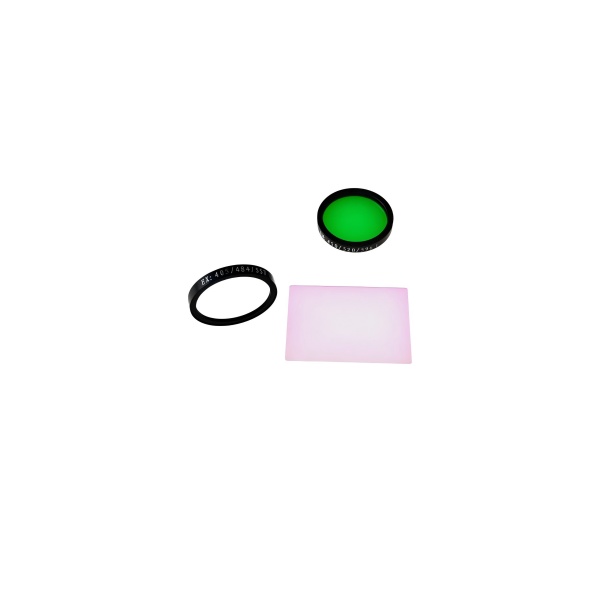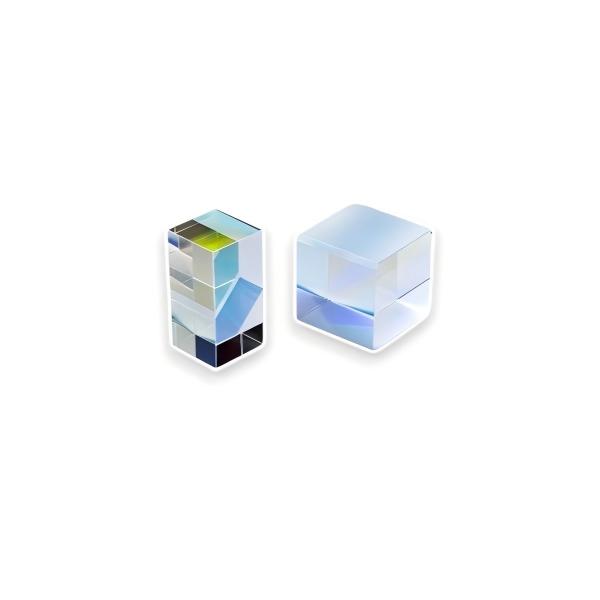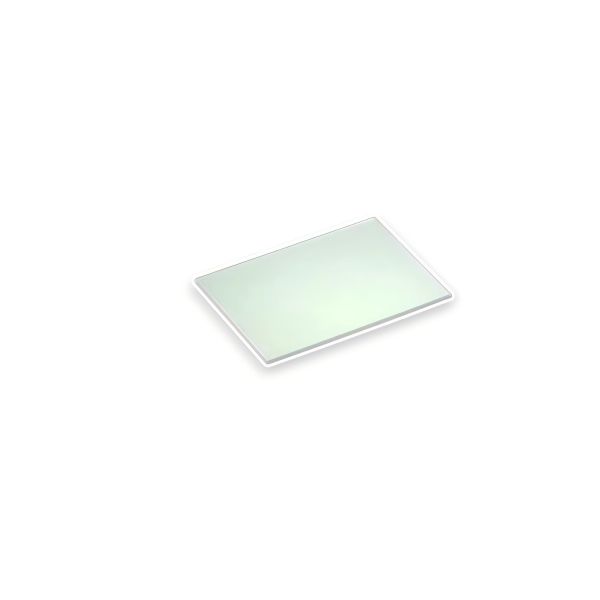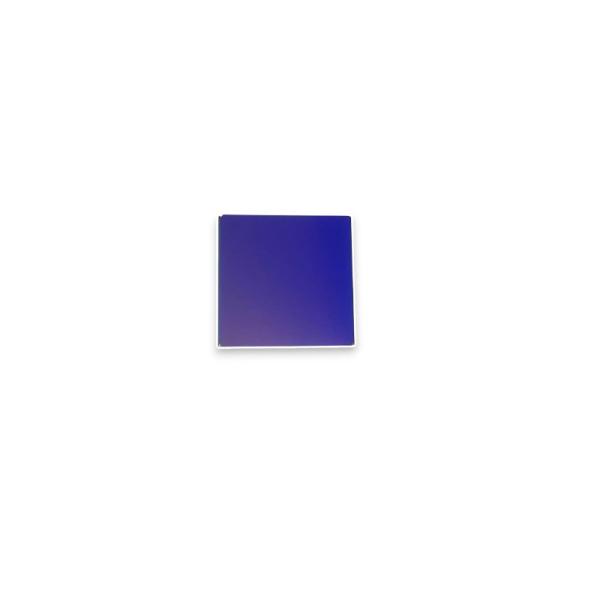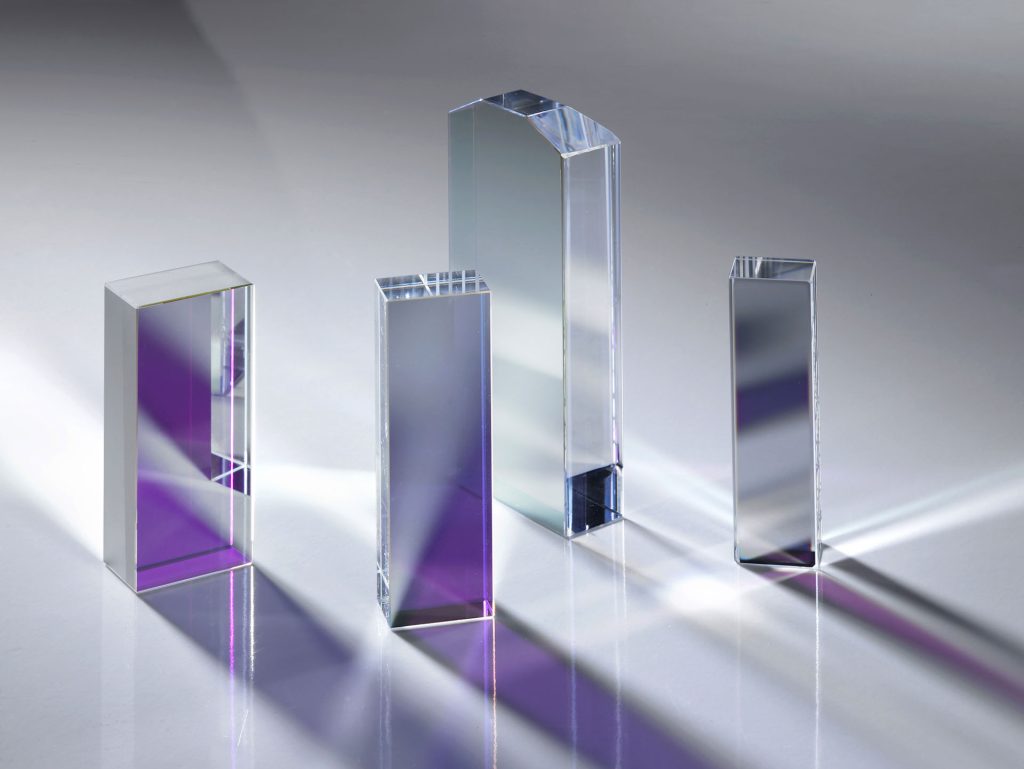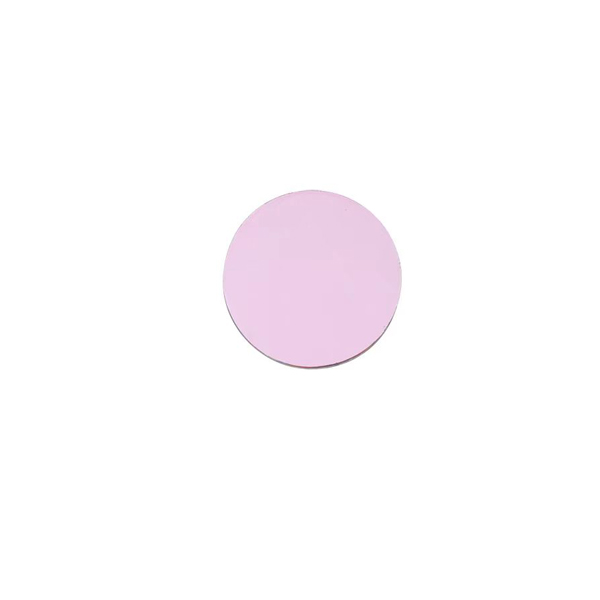

697/19nm Bandpass Optic Filter
697/19nm Bandpass Optic Filter is designed to transmit light centered at 697nm and FWHM 19nm. Coligh manufactures EUV to IR narrow and wideband bandpass filter.
It has features below:
- Center wavelength 697nm
- FWHM 19nm
- Transmission above 90%
- Blocking depth OD>=6
- ION Assisted Hard Coating
Products Categories
Get A Free Quote
Hard-Coated 697/19nm Narrow Bandpass Filter for Red Light Description
697/19nm bandpass optic filter Coligh manufactures is a high-performance optical filter based on multilayer dielectric film interference technology, designed for spectrally selective transmission in the 697 nm near-infrared band
- Central wavelength 697+/-1nm, covering the near-infrared biological tissue transmission window and semiconductor, fluorescent probe emission peak
- Full width at half maximum 19+/-1nm, passband range 687.5–706.5 nm, 19 nm ultra-narrow bandwidth accurately isolates target signals and suppresses interference from adjacent bands.
- The transmittance in the passband is greater than or equal to 90%, and the blocking rate of 350-1000nm outside the passband is greater than or equal to OD6, with the characteristics of deep blocking band and wide spectrum suppression
- We use fused quartz as the substrate and use a high-resolution spectrometer to test the transmittance, bandwidth and blocking depth to ensure that each filter has a very small central wavelength and FWHM error, ensuring the consistency of each batch.
697/19nm Bandpass Optic Filter Technical Datasheet
| Parameter | Specification |
| Center Wavelength (CWL) | 697 nm ± 1 nm |
| Full Width at Half Maximum (FWHM) | 19nm± 1 nm |
| Peak Transmission | 90% |
| Blocking Range | 350-1000nm |
| Optical Density (OD) | OD ≥ 6 outside passband |
| Angle of Incidence (AOI) | 0° +/-5° |
| Surface Quality | 60/40 scratch-dig (per MIL-PRF-13830B) |
| Material Substrate | Fused Silica JGS1 |
| Coating Type | Hard-Coated Interference Filter/ IAD Assisted Coating |
| Thickness | 1mm (typical) |
| Filter Dimensions | Custom sizes available (e.g., Ø12.5 mm, 60×60 mm) |
| Clear Aperture | >90% of physical size |
| Operating Temperature | -40°C to +85°C |
697/19nm Bandpass Optic Filter Applications
- Biomedicine
NIR-II imaging IRDye 700DX emits signals at 697 nm, but the <670nm autofluorescence of biological tissues and the residual 660nm laser excitation light will interfere with weak signals. The 697/19nm bandpass filter can be placed in front of the detector of the imaging system, allowing only the fluorescence signal of 687.5–706.5 nm to pass, shielding the excitation light and background stray light. The 19 nm narrowband pass window matches the probe emission peak, suppressing autofluorescence below 680 nm and ambient light above 710 nm. - Industrial detection
The nano-scale defects of metal residues and microcracks on semiconductor wafers have significant differences in reflectivity at 697 nm, but workshop lighting and infrared thermal radiation will reduce imaging contrast. This filter can be integrated into the optical module of the industrial camera, and with the 697 nm LED light source, it only receives the reflected signal of 687.5–706.5 nm. The 19 nm narrowband reduces chromatic aberration and supports submicron defect recognition. - Agricultural Technology
When crops are under drought or pest stress, the near-infrared reflectivity of leaves at 690–710 nm will change, and early warning is required through spectral analysis, but ambient light interference will reduce detection sensitivity. The 697/19nm filter can be integrated into the multi-spectral camera of the drone, only receiving the 687.5–706.5 nm reflection signal and shielding stray light in other bands. The 19 nm narrowband focuses on the characteristic band of crop health and suppresses soil background and cloud reflection - Art and Cultural Heritage
The chemical composition of ancient murals and oil painting pigments can be identified by the 697 nm fluorescence feature, but ambient light will mask weak signals. This filter can be built into a portable fluorescence spectrometer, with a 690 nm excitation light source, and only transmits 687.5–706.5 nm fluorescence signals. This allows accurate identification of pigment composition and avoids sampling damage to precious cultural relics.

